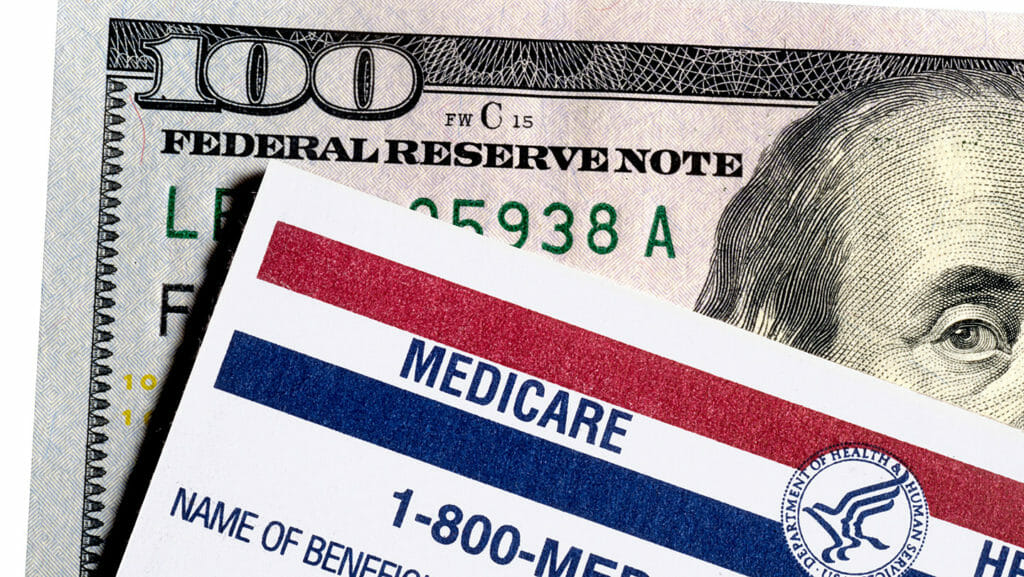
The Medicare Payment Advisory Commission is leaning toward recommending a 5% pay cut for skilled nursing facilities in fiscal 2021 after a new report found that Medicare margins may indicate SNF pay rates have been too high.
It’s a move that “did not come as a shock” but could prove catastrophic, according to a top industry expert.
The report’s findings were presented Friday during the latest series of MedPAC meetings. Commissioners discussed the adequacy of Medicare payments to SNFS and the possible need for updating them in 2023. The group will next meet in January to further discuss its recommendation before issuing its formal report to Congress in March.
Findings showed that SNFs benefited from several temporary funding and policy changes in 2020 amid the ongoing public health crisis. They include the Provider Relief Fund, suspension of the 2% Medicare sequestration cuts and the waiver of the three-day hospital stay requirement.
The analysis also found that average Medicare margins in 2020 were high for SNFs — with and without relief funding — at 19.2% and 16.5%, respectively. Additionally, Medicare margins in 2020 for relatively efficient SNFs was 22.8%, researchers noted.
“The recommendation for the 5% decrease for Medicare A reimbursement did not come as a shock,” said Jennifer Leatherbarrow, manager of clinical consulting for Richter LTPAC Performance Advisors. “We have all heard talk about a potential rate cut since the completion of year one of the Patient Driven Payment Model in 2019. In 2020 we were given a reprieve due to the pandemic, and we desperately need a second reprieve now.”
Leatherbarrow added that money made from skilled residents helps offset the low rates that most facilities get for Medicaid residents.
“The 5% decrease at this time could be catastrophic to those facilities that are just barely hanging on for life, and push even more toward the brink of closure,” she told McKnight’s Long-Term Care News on Monday.
“Staffing is much worse now than it ever was in 2020,” she added. “The staffing crisis alone is costing nursing homes astronomical contract labor rates, incentive payments for staff, and sign-on bonuses at rates I have not seen in my career. In order for long-term care to survive, we need to be able to pay quality wages for quality staff.”
The American Health Care Association also warned that the 5% pay decrease recommendation being considered would be a major misstep. If Congresses would heed such advice from its non-binding advisory arm, the effects could be “devastating to facilities … resources shouldn’t be taken away from those fighting on the frontlines.”





